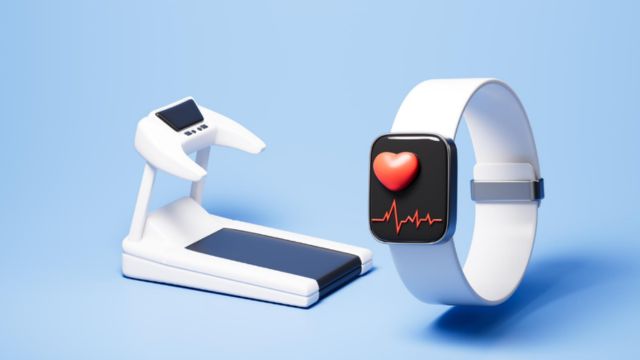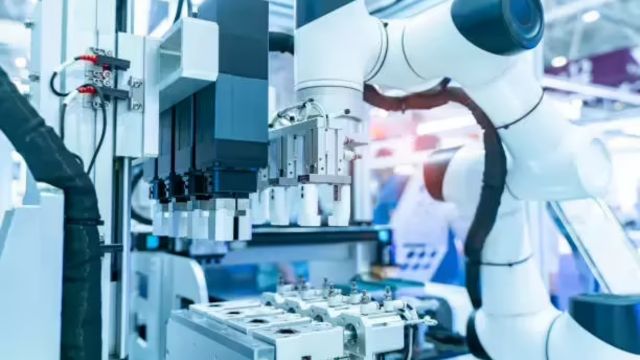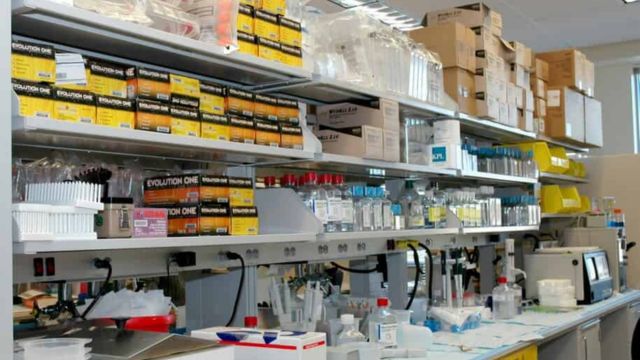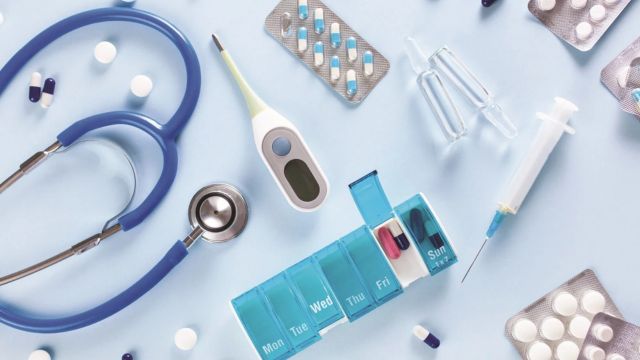Significant technological developments in the medical manufacturing sector in recent years have transformed the design, manufacture, and delivery of products. Blockchain technology is one such creation that might revolutionize the sector. Although blockchain is mostly known for its use in cryptocurrencies, its uses go much beyond that, particularly in sectors like medical device manufacture that demand great degrees of confidentiality, traceability, and openness.
What is Blockchain and How Does It Work?
Fundamentally, blockchain is a distributed ledger system spread over several computers that logs transactions so that the registered transactions cannot be changed retrospectively. Since this technology is transparent, immutable, and security-conscious, it is perfect for sectors like medical manufacturing, where data integrity is absolutely vital.
Every bit of data—or “block”—in a blockchain system is connected to a prior one to create a chain. Time stamps, product data, batch numbers, and manufacturing specifics abound in these blocks. The distributed character of the system implies that no one entity manages the data, therefore adding more security and lowering the possibility of data modification.
You may like this: The Impact of 3D Printing in Medical Device Prototyping and Production
Why Blockchain is a Game Changer for Medical Manufacturing

From suppliers to manufacturers, regulatory authorities, and distributors, the very complicated medical device production process entails several parties. Regulatory compliance, patient safety, and product quality all depend on each step’s transparency and traceability. Blockchain has the following potential to advance these spheres:
- Enhanced Transparency Across the Supply Chain
Blockchain lets medical tools and supplies be tracked and recorded in real time all through the supply chain. Blockchain allows manufacturers to save comprehensive product information—including raw material origins, component manufacturing data, quality assurance testing, and distribution records—alongside with This helps consumers—including healthcare providers—as well as manufacturers to get reliable, open data about the source and management of medicinal products.
Manufacturers can quickly confirm the legitimacy and safety of their goods at every production level by means of blockchain technologies. Blockchain provides a means to lower the threat posed by counterfeit medical equipment by increasing the openness of the supply chain in a time when patient safety is seriously threatened by them.
- Improved Traceability for Regulatory Compliance
Following strict regulatory guidelines is absolutely critical for makers of medical devices. Strict policies for product safety, quality, and traceability abound in regulatory agencies such ISO and the FDA. With a safe and unchangeable record of all product-related data, blockchain helps to simplify this procedure. This implies that one may follow the source of every batch of a medical device—from raw materials to the finished good.
Blockchain helps producers rapidly track the impacted goods to particular batches in the case of a recall, therefore guaranteeing the removal of dangerous or faulty products from the market. This lowers hazards to patient safety and facilitates manufacturers’ regulatory standard compliance.
- Fighting Counterfeiting and Fraud
Counterfeit medical devices are a growing concern in the healthcare industry, and they can have devastating consequences for patient health. Blockchain technology helps combat this problem by creating an immutable, traceable history for each medical product. Once a product enters the blockchain, its journey is recorded in real-time, making it extremely difficult for counterfeit products to enter the supply chain unnoticed.
Additionally, healthcare providers can use blockchain to verify the authenticity of medical devices before purchasing them, thus reducing the risk of fraud and ensuring they are using only safe, certified products.
- Smart Contracts for Improved Efficiency
One of the key features of blockchain is its ability to support smart contracts—self-executing contracts with the terms of the agreement directly written into code. In medical manufacturing, smart contracts can be used to automate and streamline various processes. For example, they can automatically trigger payments to suppliers once the delivery of raw materials is verified through the blockchain system, eliminating manual processes and reducing the chance of human error.
Smart contracts can also be used to ensure that all parties involved in the manufacturing process, including suppliers, manufacturers, and distributors, meet their contractual obligations before proceeding to the next stage. This leads to a more efficient and secure manufacturing environment.
You may like this: Integrating Artificial Intelligence (AI) into Medical Device Manufacturing for Predictive Maintenance
Challenges of Implementing Blockchain in Medical Manufacturing
While the benefits of blockchain in medical manufacturing are clear, there are some challenges to its widespread adoption.
- Initial Setup Costs: Implementing blockchain can be costly, especially for small to medium-sized manufacturers. The technology requires specialized infrastructure, skilled personnel, and ongoing maintenance.
- Regulatory Hurdles: While blockchain can help with regulatory compliance, the regulatory bodies themselves may need time to catch up with the technology. Clear guidelines and standards must be established to ensure that blockchain records are accepted as valid proof of compliance.
- Industry-Wide Integration: For blockchain to be effective, it must be adopted across the entire supply chain, including raw material suppliers, manufacturers, distributors, and healthcare providers. Coordinating this across all stakeholders can be a logistical challenge.
Conclusion
Blockchain technology holds the potential to greatly enhance the medical manufacturing industry by improving transparency, traceability, and efficiency. By providing a secure, immutable record of every step in the manufacturing process, it ensures product authenticity, helps comply with regulatory standards, and protects against counterfeiting and fraud. Although challenges exist, the long-term benefits for manufacturers, healthcare providers, and patients make blockchain an essential tool for the future of medical device manufacturing.
At JandJ Supplies, we are committed to providing up-to-date information on the latest trends and innovations in the medical supplies, clinical engineering, and manufacturing sectors. Stay informed with our expert articles and insights to keep your business ahead of the curve. Subscribe to our newsletter for regular updates!
FAQs
What is blockchain in medical manufacturing?
Blockchain is a decentralized ledger technology that allows for secure, transparent tracking of products and data across the entire medical manufacturing supply chain.
How does blockchain prevent counterfeiting in medical devices?
By providing an immutable record of every transaction, blockchain ensures that all medical devices can be traced back to their source, making it difficult for counterfeit products to enter the supply chain.
Can blockchain be used for regulatory compliance in medical device manufacturing?
Yes, blockchain creates an auditable, transparent history of all product-related data, helping manufacturers meet regulatory requirements from agencies like the FDA and ISO.
What are smart contracts in blockchain, and how do they benefit medical manufacturing?
Smart contracts are self-executing agreements in blockchain. They automate and streamline processes like supplier payments and contract enforcement, improving efficiency and reducing errors.
What are the main challenges of adopting blockchain in medical manufacturing?
Some challenges include the initial setup cost, the need for regulatory guidelines, and the requirement for industry-wide integration to make blockchain truly effective.








